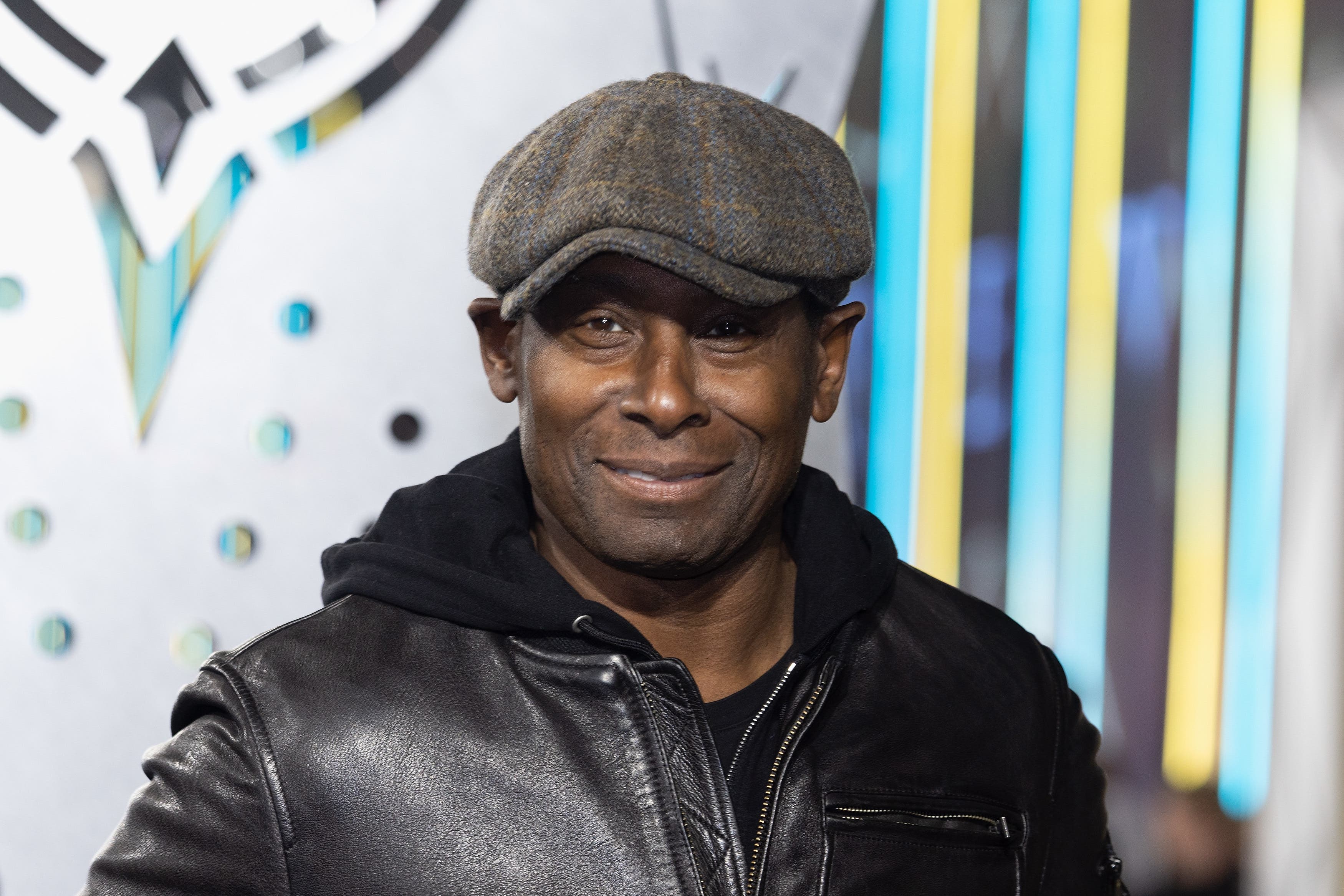David Harewood: I accept my OBE for people whose work has gone unnoticed
The Homeland actor has been honoured for his services to drama and charity.

Actor and broadcaster David Harewood has said he has accepted becoming an OBE on behalf of other people whose contributions to society have gone unnoticed.
The 57-year-old, who found fame in US drama series Homeland, has been named on the New Year Honours list for services to drama and charity after he became a prominent voice for mental health support and against racism.
Harewood told his Instagram followers on Saturday that it is “one of those days” when the “ground shifts” beneath him as he combines the different elements of his black British identity.
He added: “An award from a new King should be cause for massive celebration, and yet already I hear the chorus of self defeating voices rattling around my head, thoughts of ‘Empire’ and subjugation confusing the picture and again shifting the earth underneath.
“I stop for a moment and think of all the others whose contributions have gone unnoticed and unpaid for and accept this award on their behalf, and continue to speak truth to power whenever and wherever I see the need.”
In various documentaries, Harewood has explored racism and mental health.
In 2019, he created a one-off BBC documentary titled Psychosis And Me, which saw him retrace his steps and delve into his breakdown after being sectioned aged 23.
The acclaimed actor later backed the launch of a new online platform, JAAQ.co.uk (Just ask a question) – which helps prevent people with mental health problems “reaching crisis stage” – by founder Danny Gray, who previously appeared on Dragons’ Den.
Harewood told presenter Lauren Laverne on BBC Radio 4’s Desert Island Discs in May: “I started to sort of have these moments of blackouts and suddenly wake up at three o’clock in the morning and I’d be outside Euston station in the middle of the night.
“I’d go, ‘what on Earth am I doing here? I better go home’, and I’d start walking home and then black out, and I’d wake up in Camden at four o’clock in the afternoon.
“I was just in and out of reality. It was bizarre and scary and ethereal.”
Discussing the potential causes of his breakdown, Harewood spoke about experiencing racism as a child and the feelings that followed him into adulthood.
In May, he featured in Channel 4 documentary Troy Deeney: Where’s My History? which captured efforts to make the teaching of the history and experiences of black, Asian and ethnic minority communities mandatory in schools.
Harewood was born in Birmingham, the son of Barbadian parents who arrived in Britain in 1957 looking for a better life.
In his book, Maybe I Don’t Belong Here, Harewood describes how from a young age he and his family were subjected to racist attacks, including having a brick thrown through the window and excrement pushed through the letterbox.
He went on to pursue a career in acting, largely in the theatre, becoming the first black actor to play Othello at the National Theatre.
He later made his name in TV after being offered the role of CIA counter-terrorism director David Estes in American espionage thriller Homeland, alongside Damian Lewis.
Harewood, who has spent the best part of the last decade in the US and Canada, previously said it is easier for a black person to get more substantial roles in the US than in Britain, despite the racism issues there.
His upcoming BBC Two documentary, Blackface With David Harewood, explores the origins of blackface minstrels in the US in the early 19th century, and how the acts crossed the Atlantic to Britain.
Bookmark popover
Removed from bookmarks